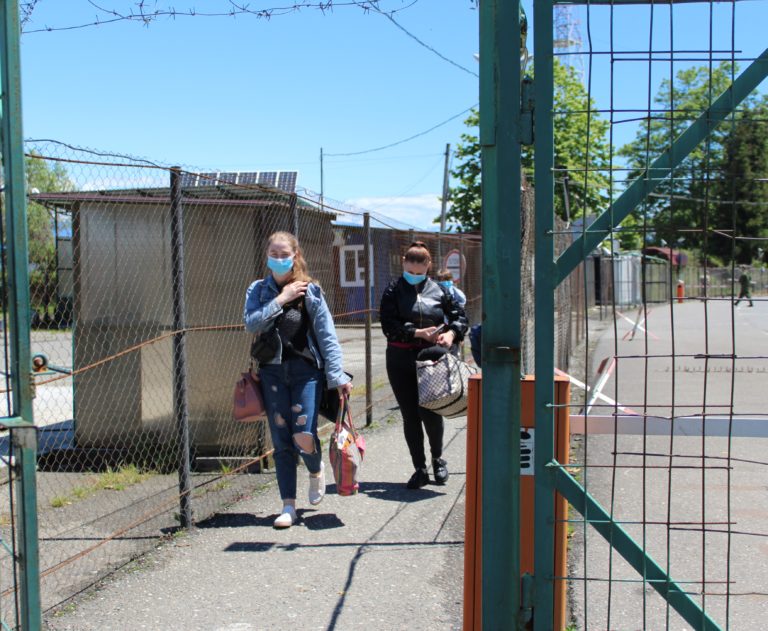Abkhaz ombudsperson Asida Shakryl addressed Sokhumi leader Aslan Bzhania on March 2 to revise continued restrictions on the Enguri crossing point, the only functioning passage linking the Russian-occupied region to Georgia proper.
Considering the improved epidemiological situation on both sides of the dividing line, prolonged closure cannot be perceived as anything but “discrimination” by Abkhazia’s Georgian residents, Shakryl noted, adding that rights of ethnic Georgians residing in overwhelmingly Georgian Gali district remain restricted.
Shakryl said COVID restrictions shall be “proportionate and adequate” and recalled that Sokhumi authorities had reopened the region for Russia, unlike Georgia proper, as early as August last year.
According to the ombudsperson, the closing of the passage creates hurdles for young people studying or willing to enroll at Georgian universities, as well as a huge number of people with chronic diseases who receive treatment in Georgian hospitals and have to regularly cross to Georgia proper. Recipients of social benefits from Georgia are also affected, Shakryl says.
This led growing numbers of Gali residents, with up to 4,000 recorded cases, to seek “illegal crossings,” Ombudsperson argues, adding that “administrative fine” in the amount of RUB 4,800 to 6,000 (USD 65-80) puts an additional financial burden on those affected.
Ombudsperson’s letter follows the partial lifting of restrictions by Sokhumi early in February to allow certain residents, including the elderly, pensioners, and persons with special needs, to travel to Tbilisi-controlled territory and back.
The Abkhaz authorities effectively closed the Enguri crossing point since late February 2020, citing coronavirus pandemic fears. Since then, Sokhumi has allowed five humanitarian corridors with Georgia proper, benefitting a total of 4,711 persons.
This post is also available in: ქართული (Georgian) Русский (Russian)

